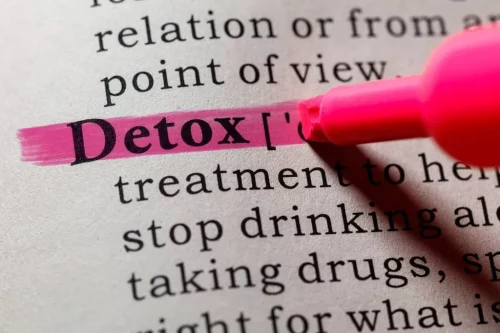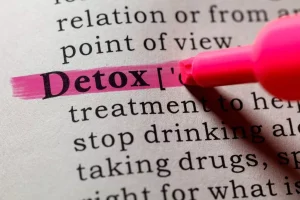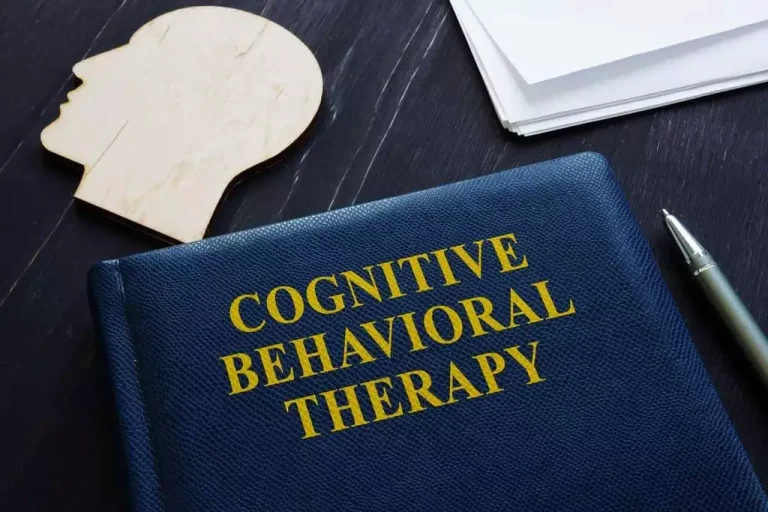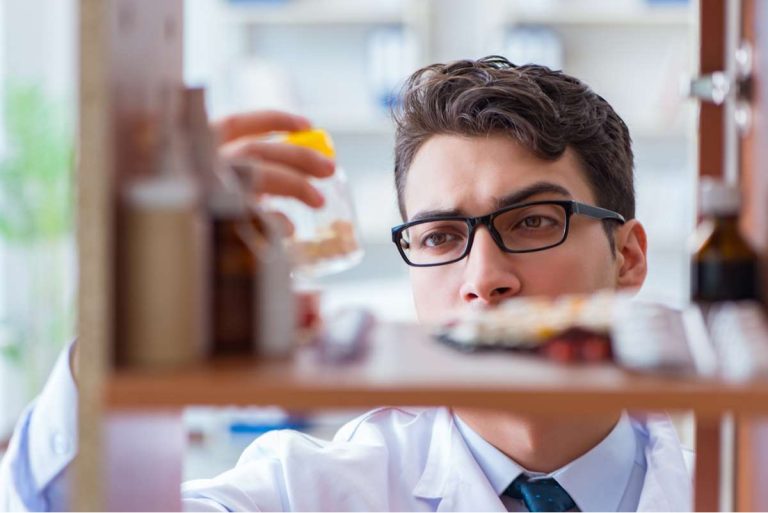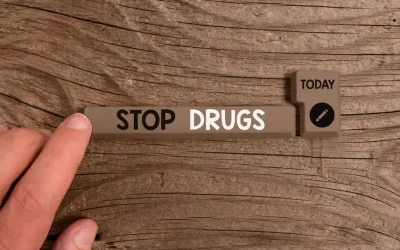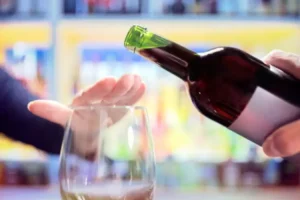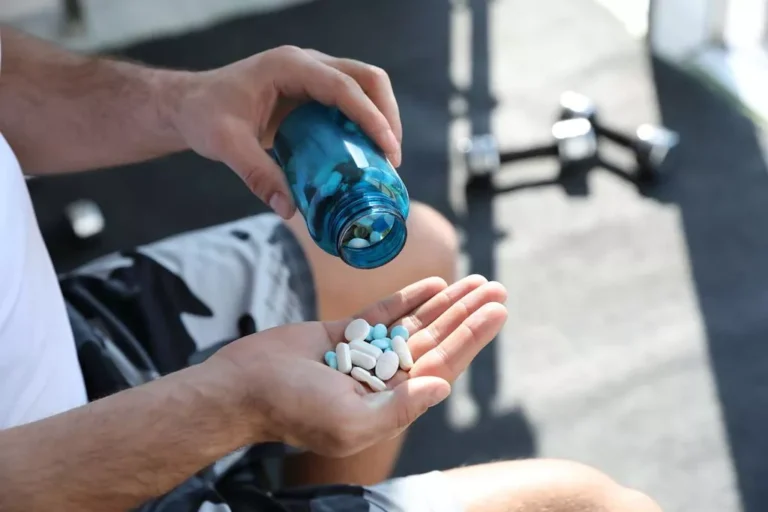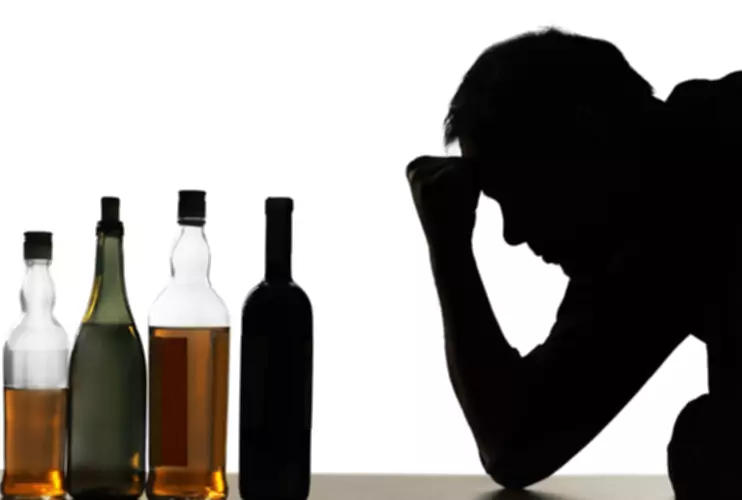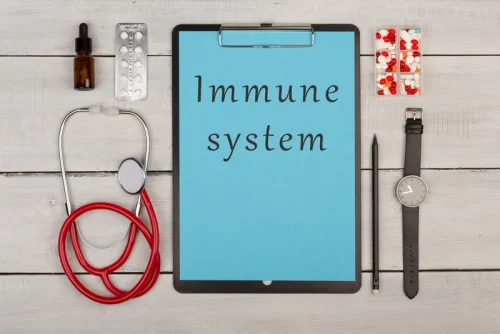
It’s important to remember that you don’t have to go through this alone. There are tips and resources available to help you along your SUD and relationship recovery journey. Navigating relationships while in recovery can be challenging, but you can rebuild trust and repair bonds. As mentioned previously, it’s best to experience a full year of recovery before engaging in romantic behavior once again.
Five Reasons to Hold Off Dating in Early Recovery
But stable and loving relationships are possible with someone who’s in recovery. Without honest communication, both people can end up feeling misunderstood and mistreated, she adds. Partners of those living with SUD experience their own fair share of relationship challenges. While we are unable to respond to your feedback directly, we’ll use this information to improve our online help. Fortunately, many people do recover and find love and a happier life on the other side. This is why, especially in the first year of recovery, securing stable emotions without outside romantic influences is so important.
What to do When Entering into a Relationship with a Drug Addict
We believe that by providing our patients with the tools and knowledge to build healthy relationships, we’re supporting their long-term recovery and overall well-being. If your partner has a rehab that they often go to for a relapse, get more rehab information. Learn about outpatient treatment and inpatient treatment programs, as well as how to best support a loved one. Entering romantic relationships in recovery does not add stability and reliable support because new relationships often come with intense emotions. Therefore, these relationships in early recovery should be approached differently to constant, pre-existing relationships.
Relationships in Recovery: Balancing Personal and Partner Needs
- Instead, all of your energy and focus can be spent where it’s really needed, which is on overcoming addiction.
- If your partner does not feel comfortable being around you when you are drinking, it’s important to respect that.
- It necessitates the courage to say ‘no’ when necessary and the fortitude to withstand potential backlash.
- That means you (or your loved one) won’t have to worry about covering the cost of treatment.
It’s https://ecosoberhouse.com/ equally important to communicate emotional triggers and maintain an open line of discussion about your recovery journey. This can help your partner understand and respect your path to sobriety, fostering a supportive environment. In the world of sobriety, dating can present unique challenges and temptations that may jeopardize one’s journey. To maintain sobriety, it becomes essential to identify potential triggers, establish firm boundaries, and make healthy date choices. It’s an ongoing process that demands honesty, commitment, and mutual support. Ultimately, it’s a journey that, while challenging at times, can lead to a deeper, more fulfilling connection.

At The Bluffs, we help patients develop time management and prioritization skills to balance their various commitments effectively. romantic relationships in recovery Our therapists work with patients to identify appropriate boundaries and develop strategies for enforcing them in relationships. Avenues Recovery is a community-based drug and alcohol rehabilitation center with locations across the United States. Your SUD recovery may benefit from the social support and closeness, too.
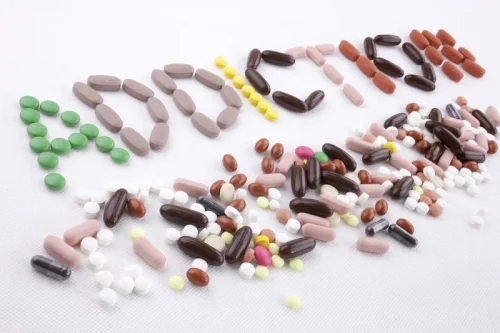
- It’s no secret that dating can be tough — and it can be even tougher to date if you’re not sober but your partner is.
- Cultivating healthy romantic relationships can be a rewarding and challenging test of resilience and commitment to sobriety.
- Once you reach the point when you can love yourself, you can then be open to loving another person in a healthy way.
It may come from an inability to focus on developing positive character traits or establishing healthy boundaries. The person you’re involved with may not be in a healthy place in their life as dating began. Shared activities can strengthen your bond and create positive experiences that reinforce your commitment to sobriety. Choose activities that promote physical and emotional health so you can enjoy quality time together without the presence of substances.
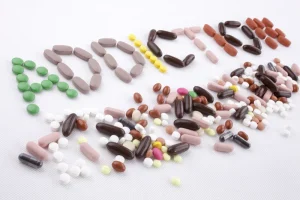

This might look like “hitting pause” at the beginning of a promising career or at the height of a successful and well-established career. It might take the form of stepping away from furthering one’s education when balancing classes and treatment becomes too much. There might be children to raise or other family members to provide for. It is hard to make the decision to pursue treatment when there are so many things to juggle. The things people seek out in a relationship—need fulfillment, emotional stability, security—are things that are important to find in yourself.
In a relationship, it’s not difficult to be honest and have a quick conversation in order to avoid any consequences of assumptions. When discussing sobriety with a potential partner who drinks, transparency is critical. Suggest non-drinking activities, emphasizing the positive impact of sober living on your life. If you or someone you care about is struggling with substance abuse, remember that help is readily available. At BlueCrest Health Group, we offer comprehensive substance abuse treatment tailored to meet individual needs, fostering recovery and hope.
Just remember to take things slow and listen to your gut if something doesn’t feel right. The most important thing is that you are taking care of yourself and staying true to your own needs and wants. It might seem like your relationship is going well now, but this might not last.



